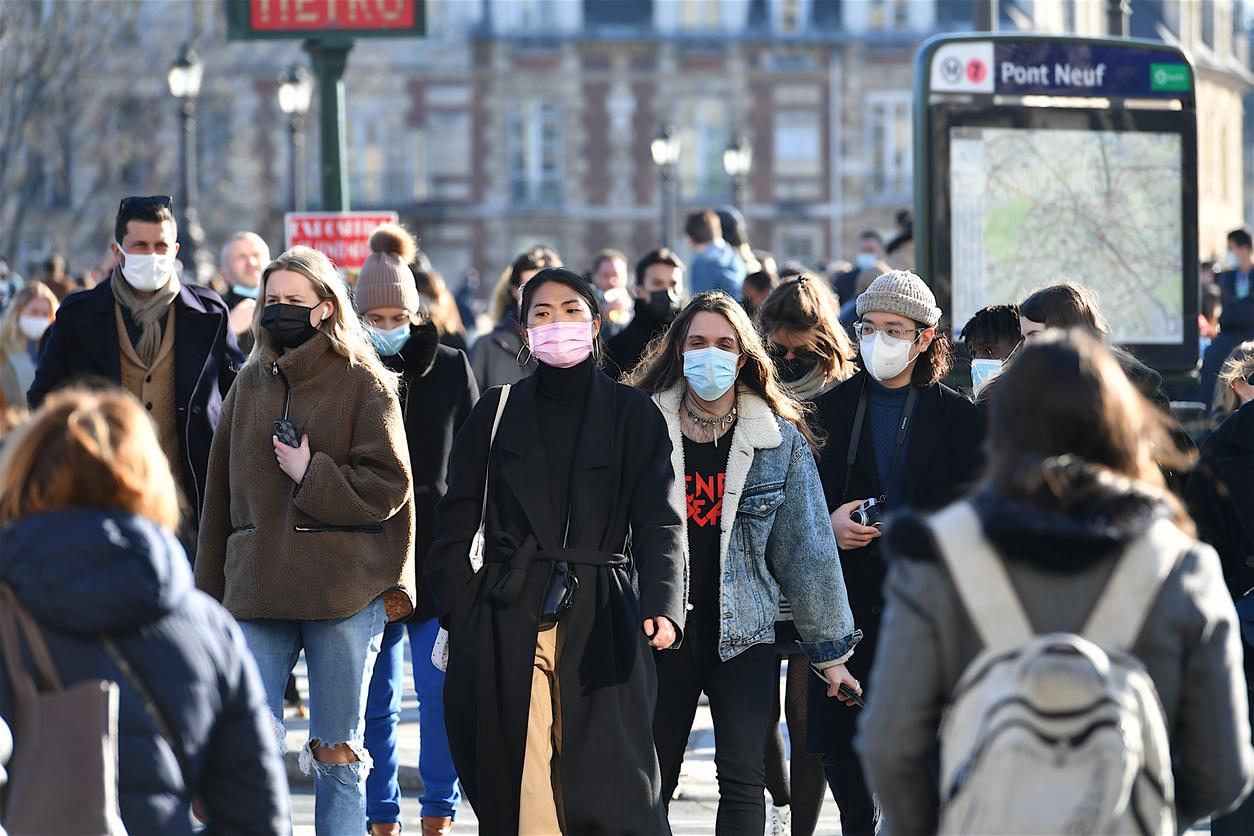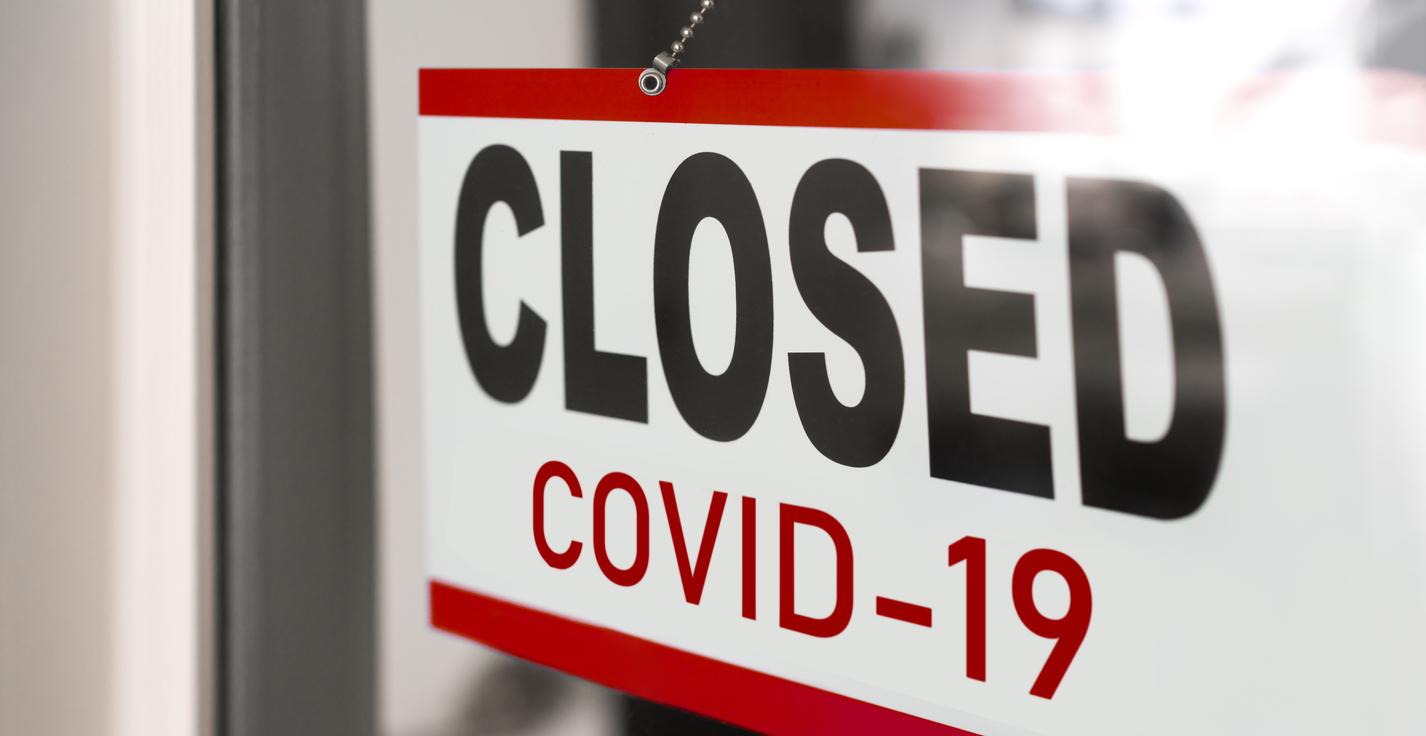Eating disorders (ED) represent the second leading cause of death among 14-24 year olds, after road accidents. Among them, anorexia, bulimia and hyperphagia remain the most democratized pathologies.
The period of confinement is not without consequences. When they are fasting or consuming excessive food, individuals with ED have to endure significant stress related to isolation, accompanied by a total loss of control even though refrigerators and cupboards are full. and available. “Containment causes a change in the framework and lifestyle that upsets the benchmarks of everyday life, it is a situation at risk of decompensation of psychiatric pathologies, notes Dr. Louis Carrier, a psychiatrist on the TCA center of the Saint Vincent de Paul clinic in Bron (Metropolis of Lyon, Rhône). The restriction of freedoms, leisure, social interactions, the absence of physical activity, the risk of contamination of relatives, boredom, isolation or intra-family tensions are psychological stress factors that can lead to a relapse or switch to an eating disorder.”
Weight loss of 10 to 30 kg in 6 months
Justine, a nursery assistant, is a 27-year-old young woman. She has been battling anorexia for ten years. Before last March, she managed to manage her life professionally and personally, her state of health was improving day by day. Deprived of her freedoms and her joys of living when the first confinement was announced: it was an anxiety attack. In a quest for well-being and to feel alive, Justine puts on her sneakers to run 30 minutes every morning. “Quickly, I could no longer do without this activity. I needed stimulation. The loneliness mixed with the anxiety of not knowing the outcome of this health situation: the disease re-established itself over the days.” Already last March, Dr. Louis Carrier had noted a surge in requests for first consultations with initial decompensations. “We see massive losses of 10 to 30 kg in the space of 6 months on normal BMIs basic. This situation is of particular concern to us.”
Nevertheless, containment can be beneficial. “For some patients, it facilitated intra-family communication and cohesion, thus allowing a marked improvement in their TCA”, nuance the psychiatrist. Adèle, a student from Lyon, considers this second confinement as a help towards a potential cure. The young girl has been battling her eating disorders for many years. Health regulations channel his cravings for hyperactivity. “Being able to go out for only one hour a day allows me to devote the rest of my time to creative activities. I really manage to settle down and calm down on my own. I no longer go out to spend myself and exteriorize the disease, but only in case of great necessity.” Dr. Carrier specifies that “leisure” and “pleasure” physical activity remains beneficial, if the body mass index allows it.
“I don’t deprive myself above all!”
On the nutrition side? Emptying the cupboards entirely or not eating anything can become the only alternatives considered by people with eating disorders to keep some control over the confinement and soothe their anxieties. Justine’s meals, and more particularly her dinners, became impoverished during the first confinement. “What’s the point of eating more? I wasn’t going to do anything with my evening, nor with my day.” In terms of food, Dr. Louis Carrier advises giving priority to family meals at fixed times. “Same portion and meal for everyone, especially no specific dish for the patient ! Not talking about food at the table and stimulating communication on everyday topics remain essential.” Adele advises allowing yourself “pleasure foods”, without falling into bulimia or hyperphagia. “I especially do not deprive myself. I know that if I am not in the restriction it will prevent me from having seizures.”
Keep in touch with healthcare professionals
“Difficulties in maintaining contact with caregivers, complications related to teleconsultation associated with other stress factors can become a source of treatment discontinuation with an increased risk of suicide, warns the psychiatrist. However, healthcare professionals have adapted with impressive speed. The teleconsultations went from less than 10,000 consultations per week at the beginning of March, to one million per week in April!” Today, Justine has decided to establish part-time therapy as part of her profession, in order to continue her care and follow-up. “In case of hard knocks, I will be able to maintain a more important link with health professionals.”
Adele knows her weak points. For the student, the anti-relapse recipe is not to fall into isolation. Now followed by two psychiatrists and a family doctor, the student lives with her parents and keeps in touch with her small circle of friends. “As soon as I feel the slightest concern or the slightest weakness, I can talk to them about it and communicate my feelings. Talking about it is already distinguishing a sick thought from a thought that belongs only to me.” Communicating everyone’s emotions during this difficult period helps to reduce discomfort and the feeling of isolation, but also improves family cohesion. “On the emotional level, time to discuss each person’s feelings outside of meals is a necessary process”, underlines the psychiatrist.
Distress and deconfinement
“The deconfinement was for us the most complicated period to manage, we noticed more intense and serious decompensations than during the confinement itself”, points out the psychiatrist. Despite all the difficulties that the first confinement brought, he remained secure in relation to the virus and the risk of contamination of relatives. “The change in the organization of daily life at the time of deconfinement could have favored decompensations by breaking a balance found during confinement. In March, the day hospital of the Saint Vincent de Paul clinic operated only by teleconsultation and many patients felt supported and supported. It reduced their sense of isolation. Hence the essential post-containment follow-up. “At the end of the confinement, we continued the “urgent” face-to-face consultations to organize hospitalization if necessary, explains Louis Carrier. And we continued to welcome patients in serious somatic, psychic situations.”


















